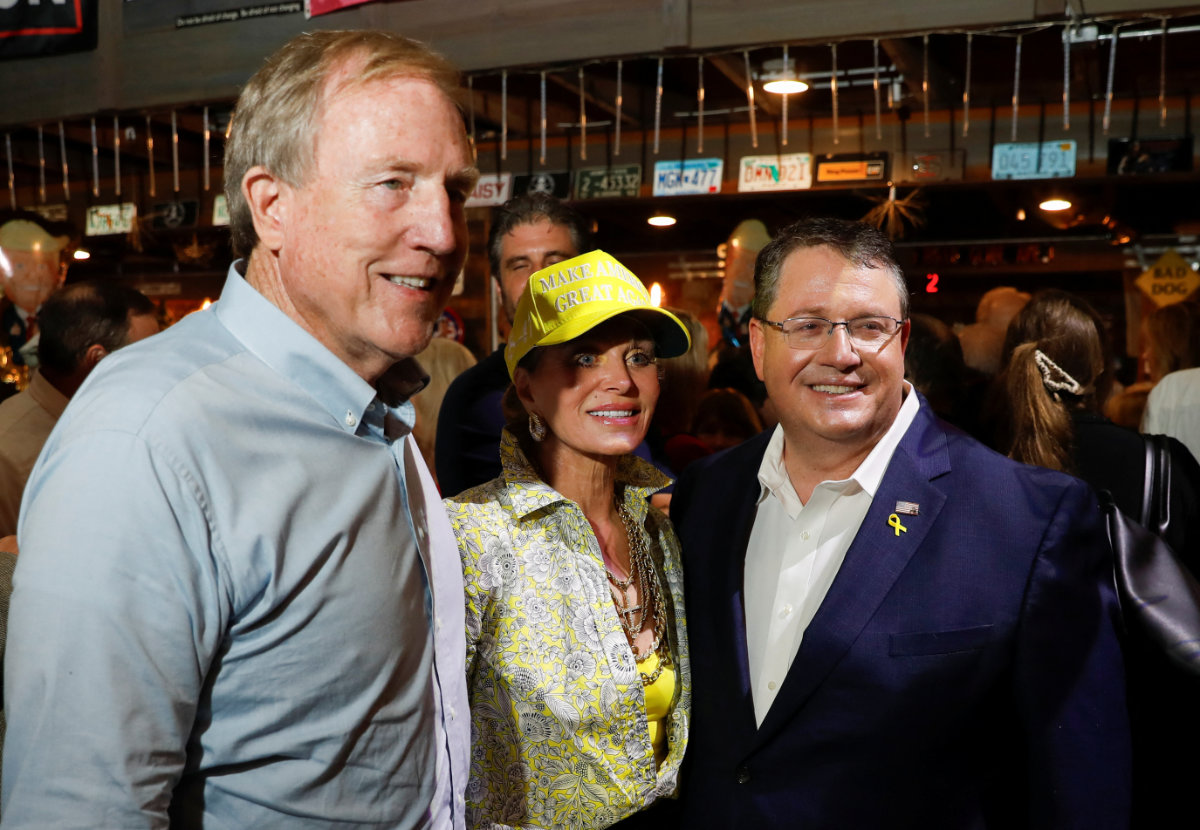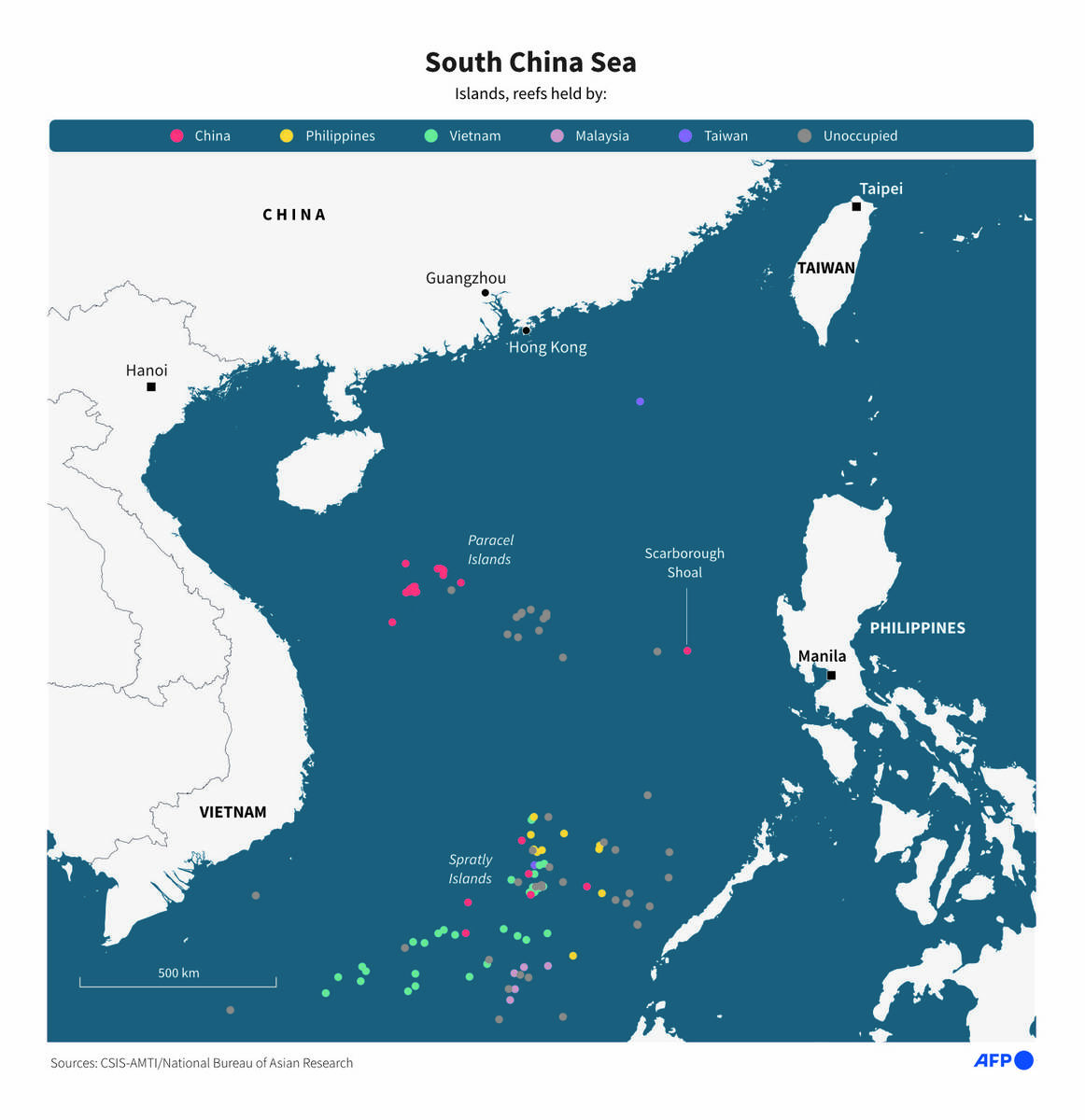RIO DE JANEIRO: Leaders of the world’s 20 major economies called for a global pact to combat hunger, more aid for war-torn Gaza and an end to hostilities in the Mideast and Ukraine, issuing a joint declaration Monday that was heavy on generalities but short of details on how to accomplish those goals.
The joint statement was endorsed by group members but fell short of complete unanimity. It also called for a future global tax on billionaires and for reforms allowing the eventual expansion of the United Nation Security Council beyond its five current permanent members.
At the start of the three-day meeting which formally ends Wednesday, experts doubted Brazilian President Luiz Inácio Lula da Silva could convince the assembled leaders to hammer out any agreement at all in a gathering rife with uncertainty over the incoming administration of US President-elect Donald Trump, and heightened global tensions over wars in the Mideast and Ukraine.
Argentina challenged some of the language in initial drafts and was the one country that did not endorse the complete document.
“Although generic, it is a positive surprise for Brazil,” said Thomas Traumann, an independent political consultant and former Brazilian minister. “There was a moment when there was a risk of no declaration at all. Despite the caveats, it is a good result for Lula.”
Taking place just over a year after the Oct. 7 Hamas attack on Israel, the declaration referred to the “catastrophic humanitarian situation in the Gaza and the escalation in Lebanon,” stressing the urgent need to expand humanitarian assistance and better protect civilians.
“Affirming the Palestinian right to self-determination, we reiterate our unwavering commitment to the vision of the two-State solution where Israel and a Palestinian State live side by side in peace,” it said.
It did not mention Israel’s suffering or of the 100 or so hostages still held by Hamas. Israel isn’t a G20 member. The war has so far killed more than 43,000 Palestinians in Gaza, according to local health officials, and more than 3,500 people in Lebanon following Israel’s offensive against Hezbollah, according to Lebanon’s Health Ministry.
The omitted acknowledgment of Israel’s distress appeared to run contrary to US President Joe Biden’s consistent backing of Israel’s right to defend itself. It’s something Biden always notes in public, even when speaking about the deprivation of Palestinians.
During a meeting with G20 leaders before the declaration was hammered home, Biden expressed his view that Hamas is solely to blame for the war and called on fellow leaders to “increase the pressure on Hamas” to accept a ceasefire deal.
Biden’s decision to ease restrictions on Ukraine’s use of longer-range US missiles to allow that country to strike more deeply inside Russia also played into the meetings,
“The United States strongly supports Ukraine’s sovereignty and territorial integrity. Everyone around this table in my view should, as well,” Biden said during the summit.
Russian President Vladimir Putin did not attend the meeting , and instead sent his foreign minister, Sergey Lavrov. Putin has avoided such summits after the International Criminal Court issued a warrant that obliges member states to arrest him.
The G20 declaration highlighted the human suffering in Ukraine while calling for peace, without naming Russia.
“The declaration avoids pointing the finger at the culprits,” said Paulo Velasco, an international relations professor at the State University of Rio de Janeiro. “That is, it doesn’t make any critical mention of Israel or Russia, but it highlights the dramatic humanitarian situations in both cases.”
The entire declaration lacks specificity, Velasco added.
“It is very much in line with what Brazil hoped for ... but if we really analyze it carefully, it is very much a declaration of intent. It is a declaration of good will on various issues, but we have very few concrete, tangible measures.”
Fraught push to tax global billionaires
The declaration did call for a possible tax on global billionaires, which Lula supports. Such a tax would affect about 3,000 people around the world, including about 100 in Latin América.
The clause was included despite opposition from Argentina. So was another promoting gender equality, said Brazilian and other officials who spoke on condition of anonymity because they weren’t authorized to speak publicly.
Argentina signed the G20 declaration, bit also had issues with references to the UN’s 2030 sustainable development agenda. Its right-wing president, Javier Milei, has referred to the agenda as “a supranational program of a socialist nature.” It also objected to calls for regulating hate speech on social media, which Milei says infringes on national sovereignty, and to the idea that governments should do more to fight hunger.
Milei has often adopted a Trump-like role as a spoiler in multilateral talks hosted by his outspoken critic, Lula.
Concrete steps for fighting global hunger
Much of the declaration focuses on eradicating hunger — a priority for Lula.
Brazil’s government stressed that Lula’s launch of the global alliance against hunger and poverty on Monday was as important as the final G20 declaration. As of Monday, 82 nations had signed onto the plan, Brazil’s government said. It is also backed by organizations including the Rockefeller Foundation and the Bill & Melinda Gates Foundation.
A demonstration Sunday on Rio’s Copacabana beach featured 733 empty plates spread across the sand to represent the 733 million people who went hungry in 2023, according to United Nations data.
Viviana Santiago, a director at the anti-poverty nonprofit Oxfam, praised Brazil for using its G20 presidency “to respond to people’s demands worldwide to tackle extreme inequality, hunger and climate breakdown, and particularly for rallying action on taxing the super-rich.”
“Brazil has lit a path toward a more just and resilient world, challenging others to meet them at this critical juncture,” she said in a statement.
Long-awaited reform of the United Nations
Leaders pledged to work for “transformative reform” of the UN Security Council so that it aligns “with the realities and demands of the 21st century, makes it more representative, inclusive, efficient, effective, democratic and accountable.”
Lula has been calling for reform of Security Council since his first two terms in power, from 2003 to 2010, without gaining much traction. Charged with maintaining international peace and security, its original 1945 structure has not changed. Five dominant powers at the end of World War II have veto power — the US, Russia, China, Britain and France — while 10 countries from different regions serve rotating two-year terms.
Virtually all countries agree that nearly eight decades after the United Nations was established, the Security Council should be expanded to reflect the 21st century world and include more voices. The central quandary and biggest disagreement remains how to do that. The G20 declaration doesn’t answer that question.
“We call for an enlarged Security Council composition that improves the representation of the underrepresented and unrepresented regions and groups, such as Africa, Asia-Pacific and Latin America and the Caribbean,” the declaration said.
The United States announced shortly before a UN summit in September that it supports two new permanent seats for African countries, without veto power, and a first-ever non-permanent seat for a small island developing nation. But the Group of Four – Brazil, Germany, India and Japan – support each other’s bids for permanent seats. And the larger
Uniting for Consensus group of a dozen countries including Pakistan, Italy, Turkiye and Mexico wants additional non-permanent seats with longer terms.



























